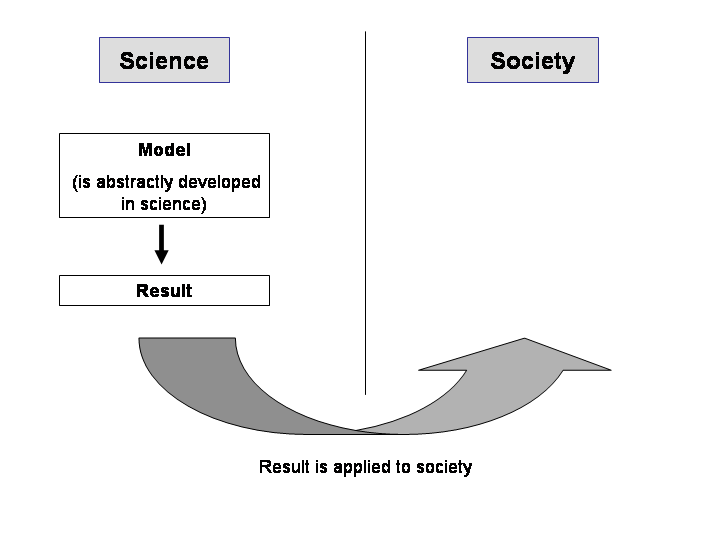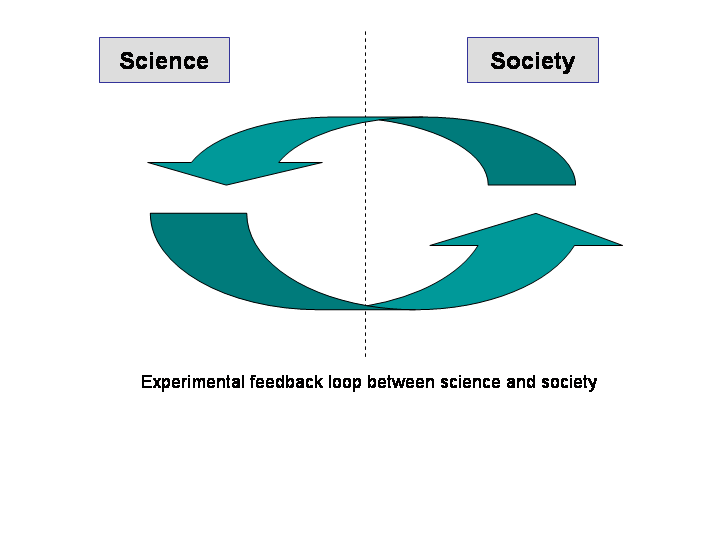In my last entry I tried to show how philosophical pragmatism might translate to the realm of politics in the form of „political experimentalism“. I developed this experimental mode of politics in contrast to a rational understanding of politics.
POLITICS
Following the rational paradigm there exists something like a „best solution“ in politics. But it is not this claim of an optimal solution that is striking about the rational understanding of politics but its notion that this perfect answer to political problems can be found in a pure intellectual and abstract way. In other words, political solutions can and have to be planned in the offices and corridors of public agencies (or nowadays in the offices of think tanks, law firms and consulting companies) and later be carefully implemented and executed.
An experimental understanding of politics on the other hand, as it has been influenced by philosophical pragmatism, highlights how solutions to problems can only be found in practice. According to pragmatism we develop our understanding of the world by engaging it, by testing and constantly re-evaluating our concepts of it and by exploring the consequences of our actions. For politics this means that solutions to political problems have to be developed in the context of social practice. Progress can not be fully planned at an office desk. Instead we must proceed in an experimental way.
More concretely this implies that politics shouldn’t be afraid to try out new measures and policies in a limited scope first and improve and refine them once their consequences have become fully visible.
SCIENCE
This experimental approach is not only true for politics but can be found in the realm of science too. (Disclaimer: While the drawing of the sketchy graphics below is a crime solely committed by the author the main inspiration for them was provided in a class by ).
Mainstream rational science follows an approach similar to the rational understanding of politics. It develops abstract models of reality that lead to certain results and recommendations. These scientific results are then taken „across the border“ to society and simply applied. If this treatment fails the model has to be refined or some equation adjusted. Then the procedure starts again.
An experimental approach towards science which is inspired by philosophical pragmatism rejects the dichotomy between science and society (as indicated by the solid line in the figure above) in the first place. As an philosophy which is characterised by a broad anti-dualism pragmatism sees science and society closely connected. Again we meet a deep appreciation for an experimental approach.
Similar to the experimental understanding of politics pragmatist science proposes to develop scientific knowledge by engaging with human practice. Scientific insights ought not be developed in a different realm of society but can only foster human progress if they are linked to society and its practices in the first place.
To conclude with a prominent example: Education and how to improve it (especially its democratic character) was one of the prime topics of the writings of the pragmatist philosopher John Dewey. Still he didn’t stop there but founded the where the theoretical insights could be confronted with the idiosyncracies of social practice. It is this emphasis on practice and the rejection of a strict duality of science and society that defines pragmatist science.


